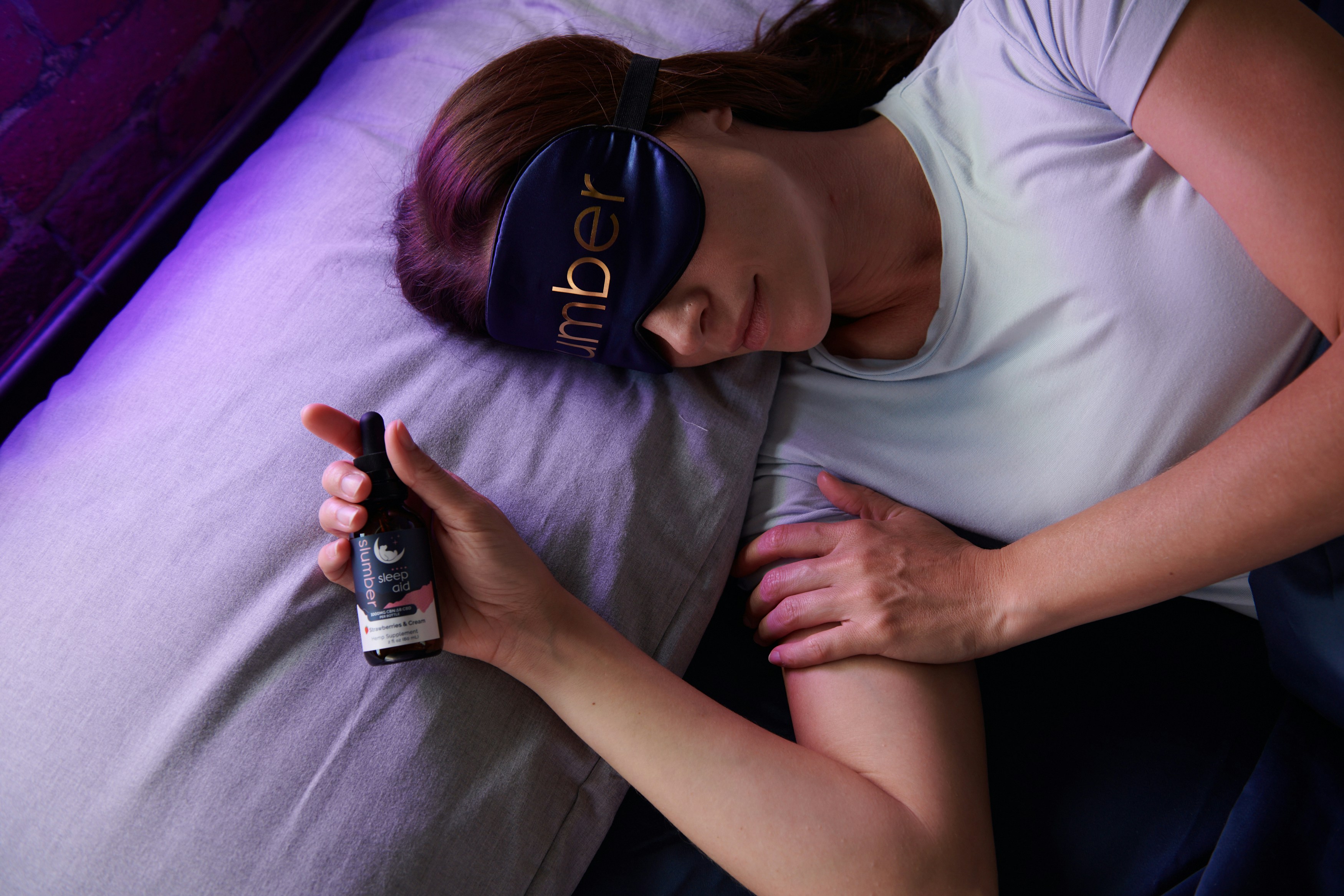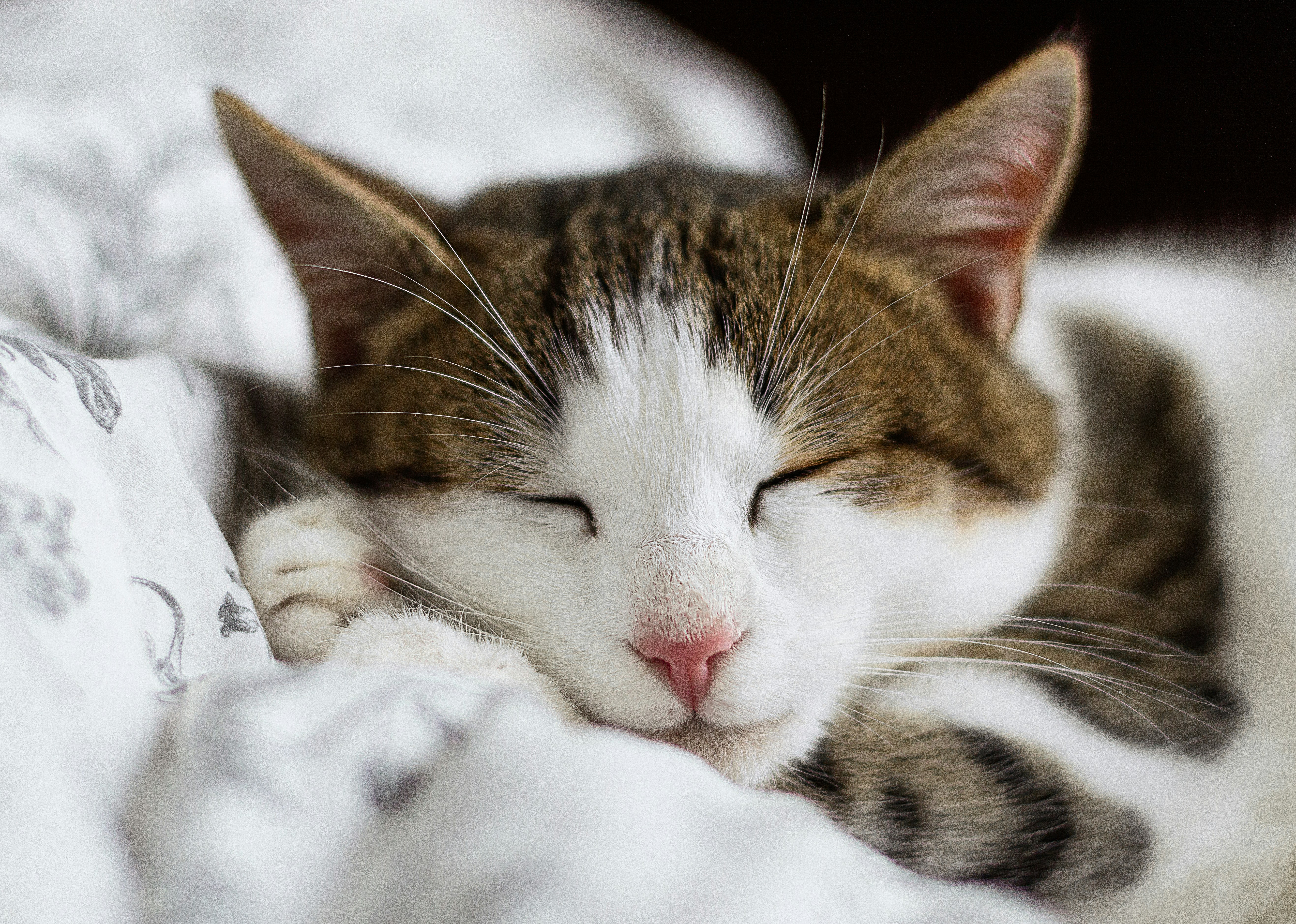Sleep and Mental Health: The Vital Link Between Sleep and Psychological Well-being

Introduction
The connection between sleep and mental health is profound and often overlooked. Sleep affects every aspect of our physical and mental well-being, and poor sleep can contribute to a variety of psychological issues, including anxiety, depression, and stress. On the other hand, mental health problems can make it more difficult to fall asleep and stay asleep.
In this article, we will explore the bi-directional relationship between sleep and mental health, examining how sleep affects mental well-being and how psychological factors can influence sleep. We will also discuss strategies to improve both sleep quality and mental health.
1. The Link Between Sleep and Mental Health
1.1 How Sleep Affects Mental Health
- Sleep is essential for cognitive functioning , including memory consolidation, emotional regulation, and decision-making. Poor sleep can lead to irritability , reduced concentration, and difficulty managing emotions.
- Sleep deprivation is closely linked to the onset and severity of many mental health disorders , including depression , anxiety , bipolar disorder , and schizophrenia .
- Lack of sleep can impair the prefrontal cortex , the area of the brain responsible for regulating emotions and making rational decisions. This makes it more difficult for individuals to cope with stress and anxiety.
1.2 The Impact of Sleep on Depression and Anxiety
- Depression and anxiety are both strongly influenced by sleep patterns. People who suffer from these conditions often experience sleep disturbances , such as insomnia, early morning awakenings, and restless sleep.
- Research has shown that poor sleep quality can both contribute to and worsen symptoms of depression and anxiety. For example, individuals with insomnia are at an increased risk of developing depression , and depression can worsen sleep problems.
1.3 Sleep and Stress Regulation
- Sleep plays a crucial role in the body's ability to regulate stress hormones like cortisol . When we get enough restful sleep, cortisol levels remain balanced, allowing the body to better manage stress.
- Chronic sleep deprivation can lead to elevated cortisol levels , which can make stress and anxiety harder to manage. The resulting cycle of poor sleep and increased stress can create a vicious cycle that is difficult to break.
2. How Mental Health Affects Sleep
2.1 The Impact of Anxiety on Sleep
- Anxiety is one of the most common causes of sleep disturbances . Individuals with anxiety often experience racing thoughts , constant worry, and physical symptoms like muscle tension and restlessness, all of which can make it difficult to fall asleep.
- Nighttime anxiety can lead to a state of hypervigilance, where individuals feel on edge and unable to relax enough to fall asleep. This can result in prolonged periods of wakefulness or fragmented sleep .
2.2 Depression and Sleep Problems
- Depression is often associated with disrupted sleep patterns, including insomnia (difficulty falling or staying asleep) and hypersomnia (excessive sleep). Both types of sleep disturbances are common among individuals with depression.
- People with depression often experience early morning awakenings and difficulty getting back to sleep , leading to poor sleep quality and daytime fatigue .
2.3 Stress and Sleep Disruption
- People who are experiencing high levels of stress may find it difficult to relax enough to fall asleep. Elevated levels of cortisol can keep the body in a heightened state of alertness, making it challenging to achieve restful sleep.
- Chronic stress can lead to sleep deprivation , which in turn can further increase stress levels, creating a harmful cycle.
3. The Bi-Directional Relationship Between Sleep and Mental Health
- The relationship between sleep and mental health is bi-directional , meaning that poor sleep can lead to mental health issues, and mental health problems can lead to poor sleep.
- Individuals with sleep disorders like insomnia or sleep apnea are at an increased risk of developing mental health conditions , such as depression and anxiety .
- Conversely, people with mental health disorders often experience disrupted sleep and are more likely to have chronic sleep problems .
- This creates a vicious cycle , where poor sleep worsens mental health and mental health issues contribute to sleep disturbances .
4. Strategies for Improving Sleep and Mental Health
4.1 Cognitive Behavioral Therapy for Insomnia (CBT-I)
- CBT-I is an evidence-based treatment that focuses on changing behaviors and thought patterns related to sleep. It is particularly effective for individuals with insomnia and can improve both sleep and mental health.
- CBT-I helps individuals identify unhelpful sleep habits and replace them with healthier sleep behaviors. This approach can reduce the need for sleep medications and help individuals regain control of their sleep patterns.
4.2 Mindfulness and Relaxation Techniques
- Mindfulness meditation and other relaxation techniques, such as deep breathing and progressive muscle relaxation , can help reduce anxiety and stress, making it easier to fall asleep.
- These techniques also promote relaxation by calming the nervous system, lowering heart rate, and reducing the production of stress hormones like cortisol.
4.3 Healthy Sleep Hygiene Practices
- Good sleep hygiene is essential for improving sleep quality and overall mental health. Key practices include:
- Maintaining a consistent sleep schedule by going to bed and waking up at the same time every day.
- Creating a relaxing bedtime routine to help signal to the body that it’s time to wind down.
- Avoiding stimulants like caffeine and nicotine in the hours leading up to bedtime.
- Limiting screen time before bed to reduce the impact of blue light on sleep.
4.4 Physical Activity
- Regular physical activity has been shown to improve both sleep and mental health. Exercise can help regulate sleep patterns, reduce anxiety, and improve mood.
- However, it is important to avoid vigorous exercise too close to bedtime, as it can be stimulating and interfere with the ability to fall asleep.
4.5 Seeking Professional Help
- If you are struggling with sleep disturbances or mental health issues, it is important to seek professional help. Therapists , sleep specialists , and doctors can help identify the root causes of your sleep and mental health problems and provide tailored treatment options.
- In some cases, medications may be necessary to treat underlying mental health conditions, such as depression or anxiety, which can, in turn, improve sleep.
5. Conclusion
The relationship between sleep and mental health is complex, but it is clear that good sleep is essential for mental well-being . Sleep disturbances can contribute to the development of mental health problems, and mental health issues can make it harder to get restful sleep. Understanding the bi-directional relationship between sleep and mental health is key to improving both.
By implementing strategies such as CBT-I , mindfulness , healthy sleep hygiene , and regular physical activity , you can improve both your sleep and mental health. If necessary, seeking professional help is an important step in breaking the cycle of poor sleep and poor mental health.
“Sleep is the most effective meditation.” – Dalai Lama




